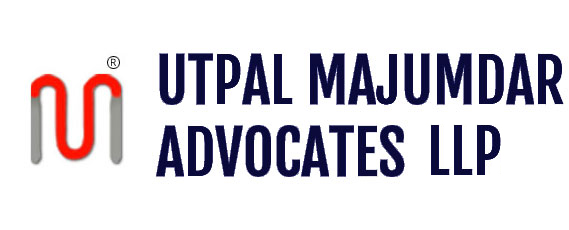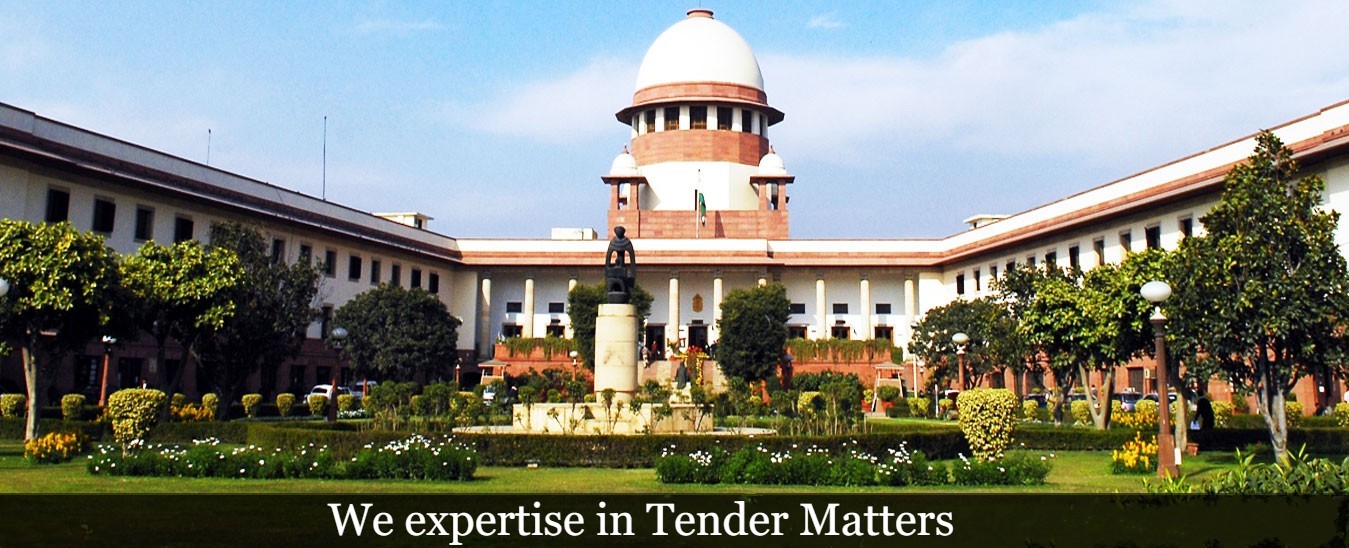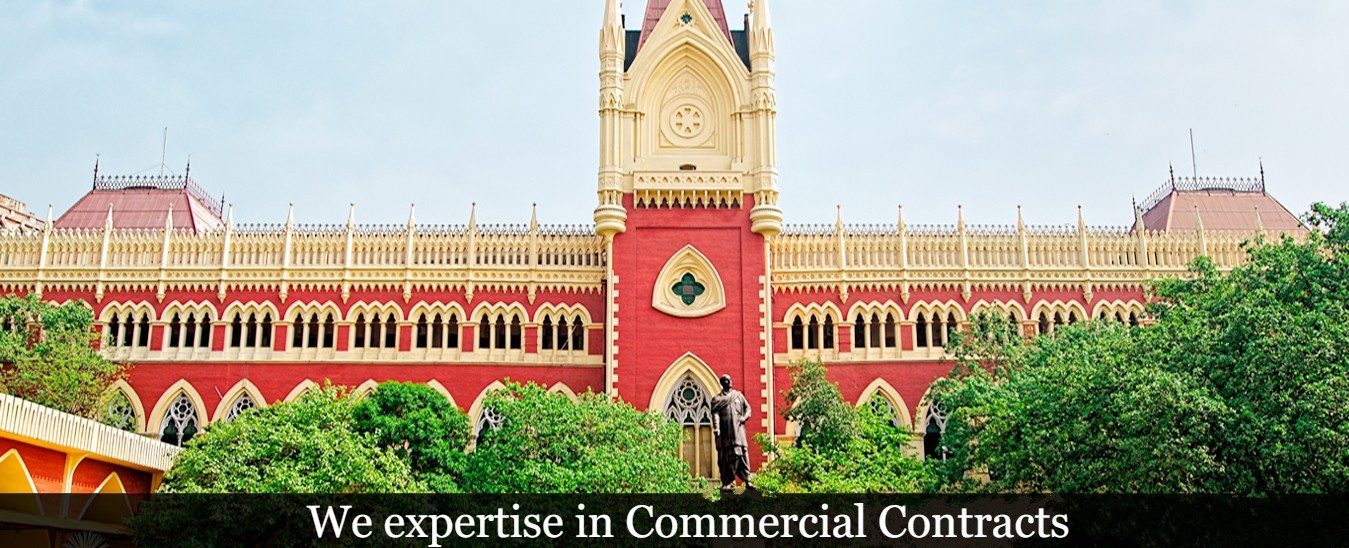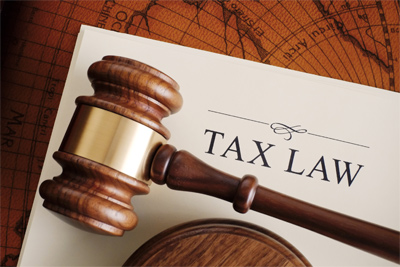 |
|
Hastings Chambers
Mobile No. : 98311 03325
Phone No. : +91-33-2242 8829 / 30 / 2248 4094 (Timing : 10:30am - 5:00 pm)
E-mail : utpalmajumdaradvocates@gmail.com |
|---|
| Home | I | About Us | I | Partners | I | Clientele | I | Our Judgments | I | Area of Expertise | I | Legal Aid | I | FAQ | I | Office Gallery | |||||||||||
|---|---|---|---|---|---|---|---|---|---|---|---|---|---|---|---|---|---|---|---|---|---|---|---|---|---|---|---|
|
|||||||||||||||||||||||||||





CUSTOMS & SALES TAX |
|
WHAT IS IMPORT DUTY IN INDIA?Customs Duties (Import Duty and Export Tax) Customs Duty is a type of indirect tax levied on goods imported into India as well as on goods exported from India. Taxable event is import into or export from India. Import of goods means bringing into India of goods from a place outside India.
WHAT DOES IMPORT DUTY MEAN?
Import duty is a tax collected on imports and some exports by a country s customs authorities. It is usually based on the imported good's value. Depending on the context, import duty may also be referred to as customs duty, tariff, import tax or import tariff.
WHAT IS CUSTOM DUTY CHARGES?
Customs Duty is a tariff or tax imposed on goods when transported across international borders. The purpose of Customs Duty is to protect each country's economy, residents, jobs, environment, etc., by controlling the flow of goods, especially restrictive and prohibited goods, into and out of the country.
IS CUSTOMS DUTY PART OF GST?
The purpose of levying customs duty is different from that of GST. Customs dutyis a type of indirect tax levied on imports and exports. The taxable event occurs when goods are imported into or exported out of India. The levy and collection of customs duty generates revenue for the government.
WHO WILL PAY THE IMPORT TAX?Countries impose tariffs (customs duties) on imports of goods. The duty is levied at the time of import and is paid by the importer of record. Customs duties vary by country of origin and product. Goods from many countries are exempt from duty under various trade agreements. |
|
IS IMPORT DUTY AND CUSTOM DUTY SAME?
Import duty is a tax collected on imports and some exports by the customs authorities of a country. It is usually based on the value of the goods that are imported. Depending on the context, import duty may also be referred to accustoms duty, tariff, import tax and import tariff.
IS CUSTOM DUTY PART OF GST?
|
 |
|
WHAT IS THE DIFFERENCE BETWEEN A TAX AND A TARIFF? Tariff is "A tax imposed on imported goods and services. Tariffs are used to restrict trade, as they increase the price of imported goods and services, making them more expensive to consumers. They are one of several tools available to shape trade policy."
WHAT IS THE MEANING OF CUSTOMS CLEARANCE?
Customs clearance work involves preparation and submission of documentations required to facilitate export or imports into the country, representing client during customs examination, assessment, payment of duty and co taking delivery of cargo from customs after clearance along with documents.
IS GST APPLICABLE ON CUSTOM DUTY?
HSN (Harmonised System of Nomenclature) code has been used for the purpose of classification of goods under the GST regime. ... The amount of GST payable on imported goods would be dependent on the assessable value plus customs duty levied under the Customs Act, and any other duty chargeable on the goods.
WHAT IS SALES TAX IN INDIA?
India Sales Tax Rate - VAT. In India, the sales tax rate is a tax charged to consumers based on the purchase price of certain goods and services. The benchmark we use for the sales tax rate refers to the service standard rate. IS VAT APPLICABLE IN INDIA? Value-added taxation in India. VAT was introduced value added tax (VAT) into the Indian taxation system from 1 April 2005. The existing general sales tax laws were replaced with the Value Added Tax Act (2005) and associated VAT rules. WHO DETERMINES THE AMOUNT OF SALES TAX? A sales tax is a direct tax on consumption that many states and local governments impose when you purchase goods and services. The amount of tax you pay is typically figured as a percentage of the sale price. As of 2017, 45 states and an array of counties and cities charge a sales tax. IS VAT INCLUDED IN GST? The government is set to roll out GST or Goods and Services Tax , The GST will subsume a number of central taxes - such as central excise duty and service tax - and state levies - including VAT, luxury tax, and entertainment tax.
WHO HAS TO PAY SALES TAX? The buyer pays it, but the seller is responsible for collecting it and remitting it to the state. However, if the seller is a private party, in a non-commercial transaction (such as a purchase of a boat, etc), then the buyer is supposed to pay it as "use tax," or in the case of a vehicle, when registered. DO WHOLESALERS PAY SALES TAX? Since sales taxes are required to be paid only once, the theory behind a resale exemption is simple: the customer (consumer or end user) will pay sales tax on the full retail price so when the reseller purchases from the manufacturer or distributor, they can be exempt from paying sales tax on that transaction. WHAT IS AN EXEMPT SALE? A sales tax exemption
certificate is needed in order to make tax-free
purchases of items and services that are taxable.
Certain sales are always exempt from tax. This means a
purchaser does not need an exemption certificate to make
purchases of these items or services. |
|
| Home | About Us | Partners | Clientele | Our Judgements | Area of Expertise & Services / Practise Area | Legal Aid | FAQ | Office Gallery | Career | Office Location | Enquiry | Contact | Social Work Activities | News | ||
|
||
